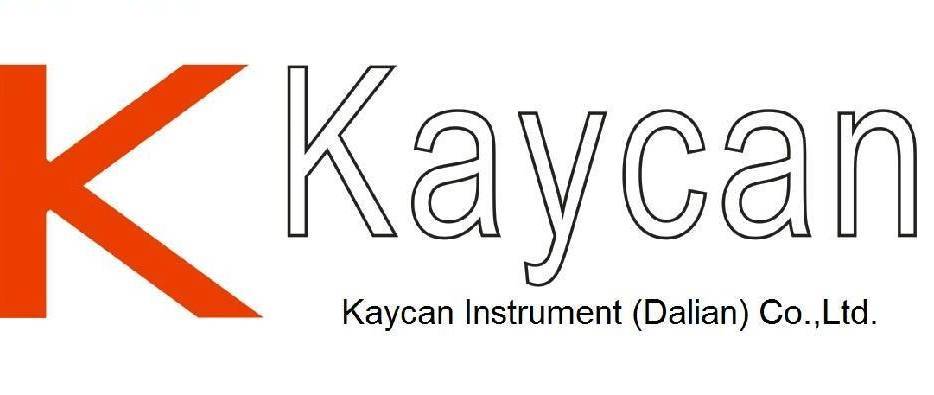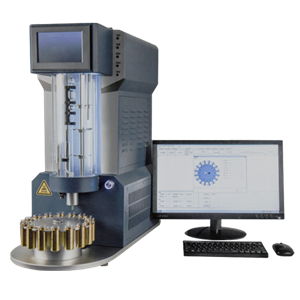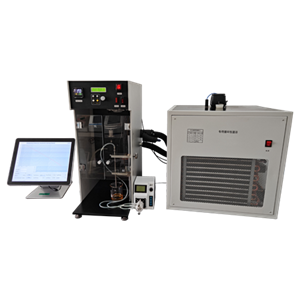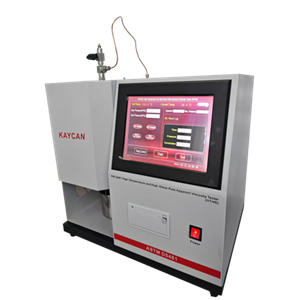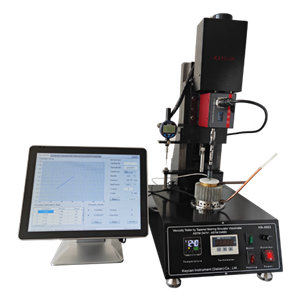What is petroleum analysis and testing?
Petroleum analysis is the process of gathering information about petroleum used in chemical or mechanical devices. It can be done using a variety of laboratory procedures to obtain qualitative and quantitative data, such as the amount of water, gasoline, or oil present.
The purpose of petroleum analysis is to provide information about what is contained within a petroleum product so that it may be used most effectively for its intended purpose. This allows for appropriate quality control with a relatively small number of samples.
There are several different types of petroleum tests that can be performed depending on what you’re looking for:
1. Viscosity – measures how easily a liquid flows
2. Evaporation Loss – petroleum with water in it evaporates over time. This test can measure how much petroleum with water in it is left
3. Flash Point – petroleum has to be heated before it will ignite
4. Water and Sediment – petroleum products often contain some amount of water, which is separated out
5. Sulfur Content/Sour Gas – petroleum products may contain some amount of sulfur which must be removed for the intended use of the petroleum product. This test measures the sulfur content.
International Standard Organization (ISO) follows general guidelines for petroleum analysis based on an oil’s weight-volume percentage of total solids, water, sediment, acid number, free hydrogen sulfide material, cloud point temperature, and specific gravity.
Along with petroleum analysis, petroleum testing is important for petroleum products in order to determine if they are of good quality and will work when intended.
